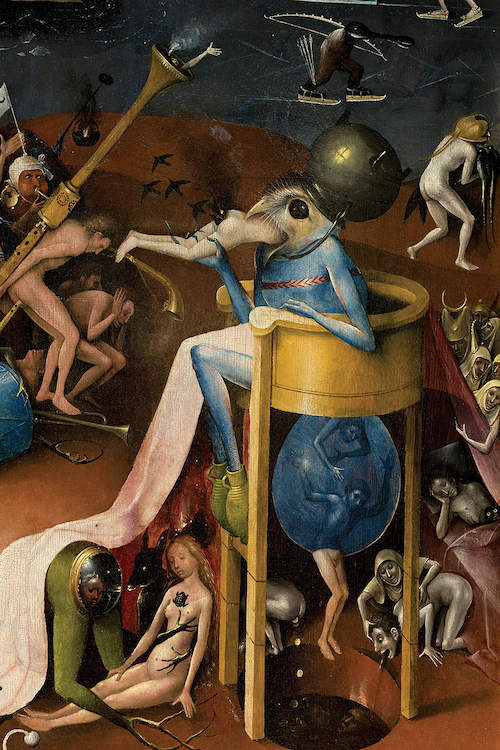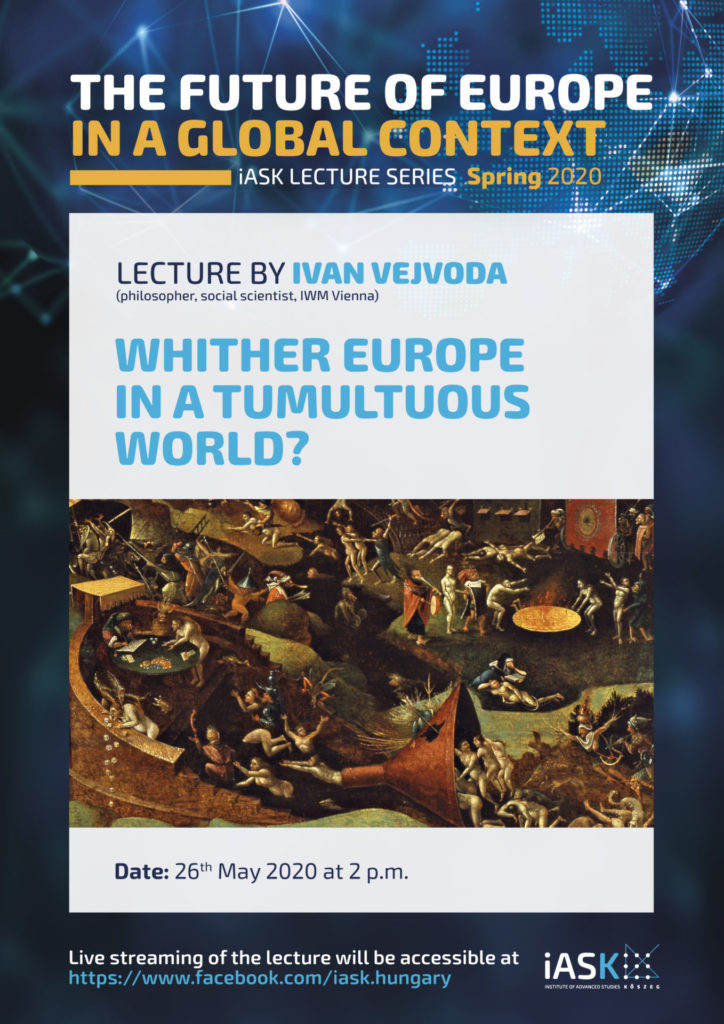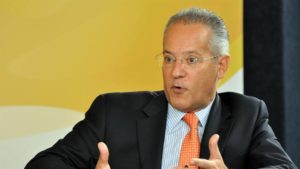Research & Studies


’The geopolitical times that we live in have thrust Europe to have to think very carefully about its role and its positioning in the world’ said Ivan Vejvoda, a Permanent Fellow at the Institute for Human Sciences (IWM) in Vienna, Austria on Tuesday, May 26. ’It cannot be a neutral bystander in these geopolitical times’ he believes.
Speaking online from his Belgrade home the internationally acclaimed political scientist and philosopher spoke in iASK’s ’Future of Europe in Global Context’ lecture series online form. In a 55 minute lecture, he painted a wide historical and political landscape starting with an event in Europe towards the end of the 20th century that was not supposed to happen: the war in Yugoslavia. By that time Europe had enjoyed decades of peace under the security umbrella of the US that allowed former enemies to reconcile their differences, concentrate on creating a single market, open their borders, and build the European Union.
 In recent years, however, the US has begun, what some call the beginning of retreat from being the leader of the world, and this put the role of Europe ’on the front burner’ of political decisions. It no longer can afford to simply ’wish away’ serious crises (such as the Syrian war, the Eurozone crisis, mass migration, the aggressively assertive actions of Russia in Georgia or the Crimea). The policy of hoping that others will solve the disputes, according to Vejvoda, ’has exploded in Europe’s face’.
In recent years, however, the US has begun, what some call the beginning of retreat from being the leader of the world, and this put the role of Europe ’on the front burner’ of political decisions. It no longer can afford to simply ’wish away’ serious crises (such as the Syrian war, the Eurozone crisis, mass migration, the aggressively assertive actions of Russia in Georgia or the Crimea). The policy of hoping that others will solve the disputes, according to Vejvoda, ’has exploded in Europe’s face’.
Other challenges, such as the growing gap in the distribution of incomes has led to massive dissatisfaction, created a divide between North and South and strengthened left- and rightwing populism in some countries on the continent.
Despite the major problems, it is Prof. Vejvoda’s belief that the EU will weather the storms and will survive because it is a ’bulwark against negative tendencies in European societies’. This is underscored by the fact that public trust in the European peace project has risen significantly in recent years.
Most recently it appears that in the wake of the COVID-19 epidemic a stronger sense of solidarity is taking hold in Europe: the understanding that members must aid countries in need together is growing.
Joint policies and actions are also required in facing the challenges posed by Chinese, Russian, Turkish aspirations to become more influential via offering economic incentives to some EU members. The Union needs ’to up its game’- says Vejvoda.
In view of the Trump phenomenon, Brexit, or the appearance of authoritarian governments one also needs to ponder the unlikely but not impossible ’doomsday scenario’ for the EU. To avoid this from happening, one needs to turn to remember and learn from the European history of the 1920-1945 period. Democracy needs to be strengthened, individual and civic group pressure against curtailing political freedoms needs to grow.
Questions abound today. What will Europe’s role be in the world? Will it continue ’as it is now’? What will be the model of civilization? Will there be, and to what extent, de-globalization? Will the state need to shore up educational and health services? Will the present level of inequality continue?
There are positive early signs, not only in the growing German-French cooperation but in the actions of other countries as well. The big question is whether and how all EU members, including the ’frugal four’ (Denmark, Sweden, the Netherlands and Austria) will sign up to an efficient and concerted effort. ’The EU has to step in’ says Ivan Vejvoda.